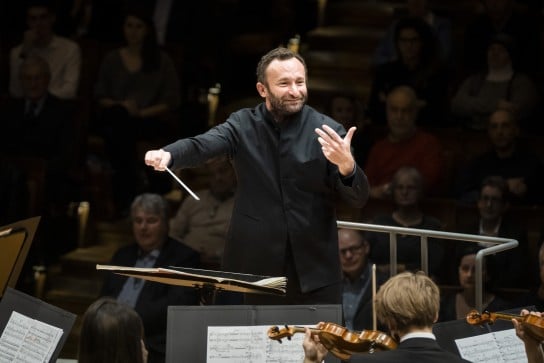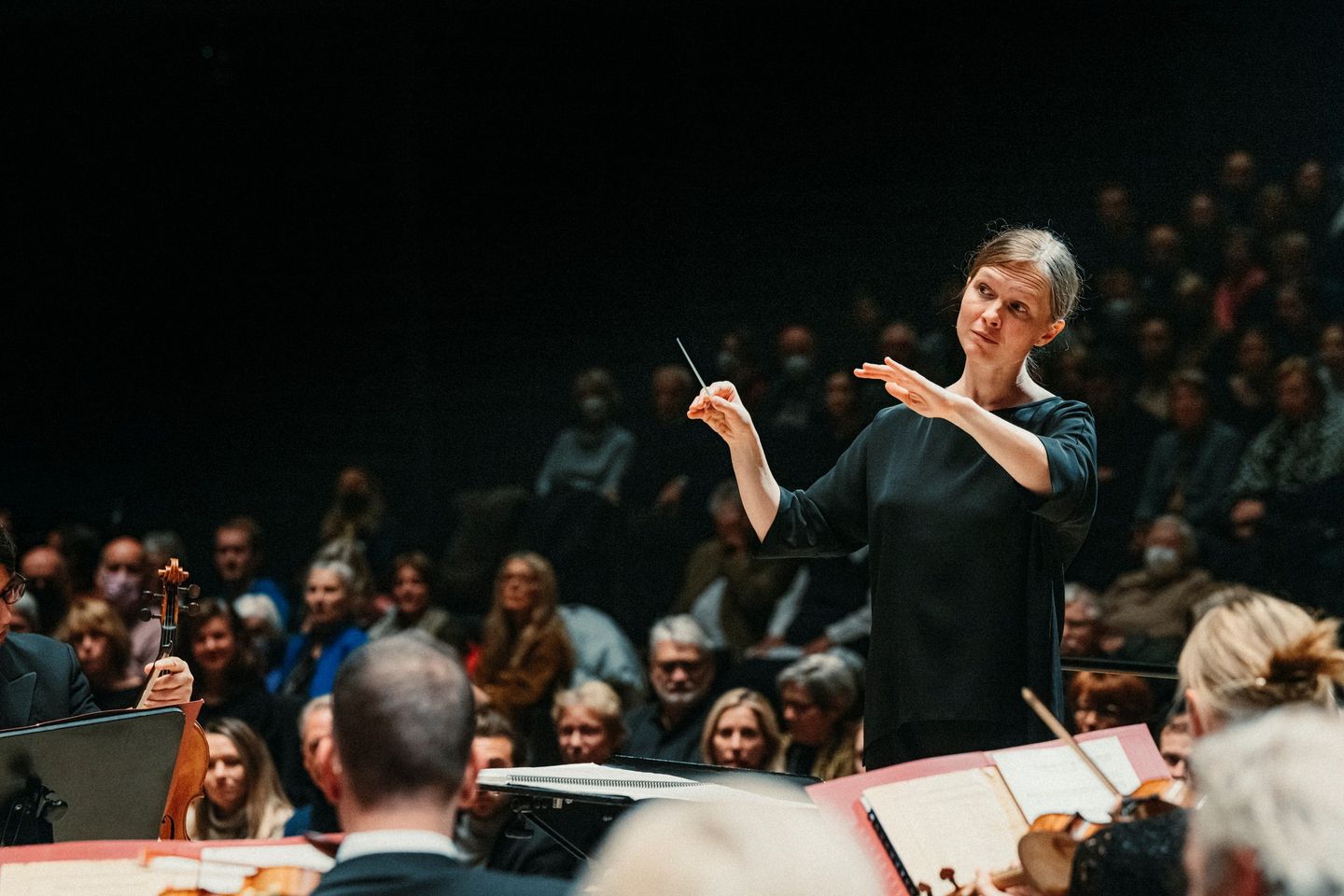Another case of musician abuse?
mainI have received the following case history from a British musician who went to work in the sun as principal cellist of the Tenerife Symphony Orchestra.

Dear Norman,
Some months ago you invited me to share
with you details pertaining to my demise as principal cellist with the Tenerife
Symphony Orchestra (OST). Although I did initiate a letter to you on that
occasion (as a footnote to my ex-colleague, Mr. Gomez Rios winning the Solti
conducting award) I have tended to keep this information to myself as part of
my own personal odyssey. However, in
the light of the Brasilian orchestral situation and the reactions it is
provoking internationally, I would like to share my case with you and the
orchestral world at large as an example of the successful purging of a
long-standing member of a “European” Orchestra, in a campaign which
employed similar criteria to those applied by the administration of the
Brasilian Orchestra in Rio.
In my case the supposed need to subjugate a
principal player to a “quality control” was eclipsed by the highly
vindictive nature of the campaign against me, a campaign aimed principally at
eliminating an uncomfortable voice raised in protest against the hijacking of
the OST by a small group of musicians within the orchestra, in cahoots with an
unconscious management and a misguided and immature conductor, in the face of
an apathetic and intimidated orchestra.
The majority of us agreed that – after a
meritorious career spanning almost two decades, in which time the OST rose from
its roots as a semi-professional chamber orchestra composed of music-loving
Tenerifans to a fairly professional symphony orchestra which vied with the best
in Spain – maestro Victor Pablo’s term had reached its logical and natural end.
However, the pathological hatred towards him harboured by key members of the
orchestral committee charged with finding his successor, led to the precipitous
hiring of the first-best candidate, the Chinese conductor, Lü Jia,
circumventing the rational search process which had in fact been initiated by
Mr. Pablo and the serving orchestral manager at that time.
Around the same time (2006 or so), Mr. Paolo Morena, a friend of Mr. Jia’s, was
invested as leader of the OST by way of dubious proceedings resulting in Mr.
Morena’s becoming the first and only member of this orchestra to serve without
having auditioned for his post, that is to say, without members of the
orchestral collective having had any say in his hiring.
It was my vocal opposition to these
goings-on which led to my being placed before a jury consisting solely of my
accusers and their cohorts: Mr. Jia, Mr. Morena, the then Manager Mr. Santos
and the two principal members of the orchestral commitee, Mr. Kirby and Mr.
Jones, principal clarinette and bass, respectively.
The Spanish cellist, Asier Polo was
apparently invited to sit on this tribunal but, much to his credit, did not
show up on the day. I was found to be wanting in my performance, a decision I
would not necessarily contest on and of its own merit, as the futility of the
exercise was apparent from the very start. I had recently come off sick-leave
for an arthritic elbow and severe depression having for months suffered
exaggerated intimidation and persecution under Mr. Jia’s heavy stick and by no
means was I in conditions to confront such a test of nerves. The psycho-terror
had included such measures as Mr. Jia programming the Wilhelm Tell Overture as
the opening number of his inauguration as music director in an open-air concert
with tens of thousands in the audience, with him doing his utmost to make my
life as soloist as difficult as possible.
The decision of the jury was contested by
the public workers syndicate I belong to and in a laughably open-and-shut case
was struck down by a first-circuit judge here in Tenerife. The government –
sole patron of the OST – appealed and won reversal of the sentence – no
surprise given the notoriously partisan composition of local superior court. At
our appeal to the national supreme court in Madrid it was stated that we would
have had to have presented a precedential case identical in all details to
mine. No luck there. So it was that I was afforded a small severance – 39.000€
after some 16 years of faithful service in which I appeared repeatedly as
soloist with the OST, years in which I also made other significant contributions
to the musical life on this island, conducting a local youth orchestra during
two seasons of highly successful concerts (which were then inexplicably
discontinued) and teaching at the conservatory. Left to my own devises I now
struggle to make ends meet and feed my four children on an island where the
existential possibilities for a classical musician are severely limited to say
the least.
As for the OST: a little over a year ago
the orchestra voted 54 to 7 against the renewal of Mr. Jia’s contract, having
apparently tired of his tyrannical and despotic tactics of intimidation and
belittlement and disappointed at having gone nowhere with him (except for a
single concert in Bejing) after having heard great promises about receiving
international exposure. Although he remains as “principal guest
conductor” he no longer figures as music director, much to relief also of
the administration who had soon tired of his capricious modus operandi – a
litany of unanswered emails, cancellations, dodgy programming, etc.
He leaves behind an orchestra trained like
a show horse whose robot-like, soulless playing is a shadow of what it was once
capable of in its hey-day. His arrogance and favouritism have worn thin in the
eyes of the public (many of whose number no longer attend concerts) and
orchestra alike – the childish posturing of his cronies, including but not
limited to on-stage intimidation and the taunting of colleagues not of the
inner circle (a speciality of Mr. Gomez Rios) have left an indelible mark. Needless
to say, I am very grateful not to have suffered through this chapter in the
history of the OST, a chapter which should serve as a great lesson – for those
who care to analyse – about the squandering of the moral and ethical authority
which in the best of situations should reside within the institution of the
symphony orchestra, an institution which should be setting an example for
harmonious coexistence among fellows. How very sad indeed!
Thank you Norman, for your untiring
championing of the better side of human nature in the professional musical
world and best wishes for all orchestral colleagues the world around.
Best regards,
Mark Peters





Comments